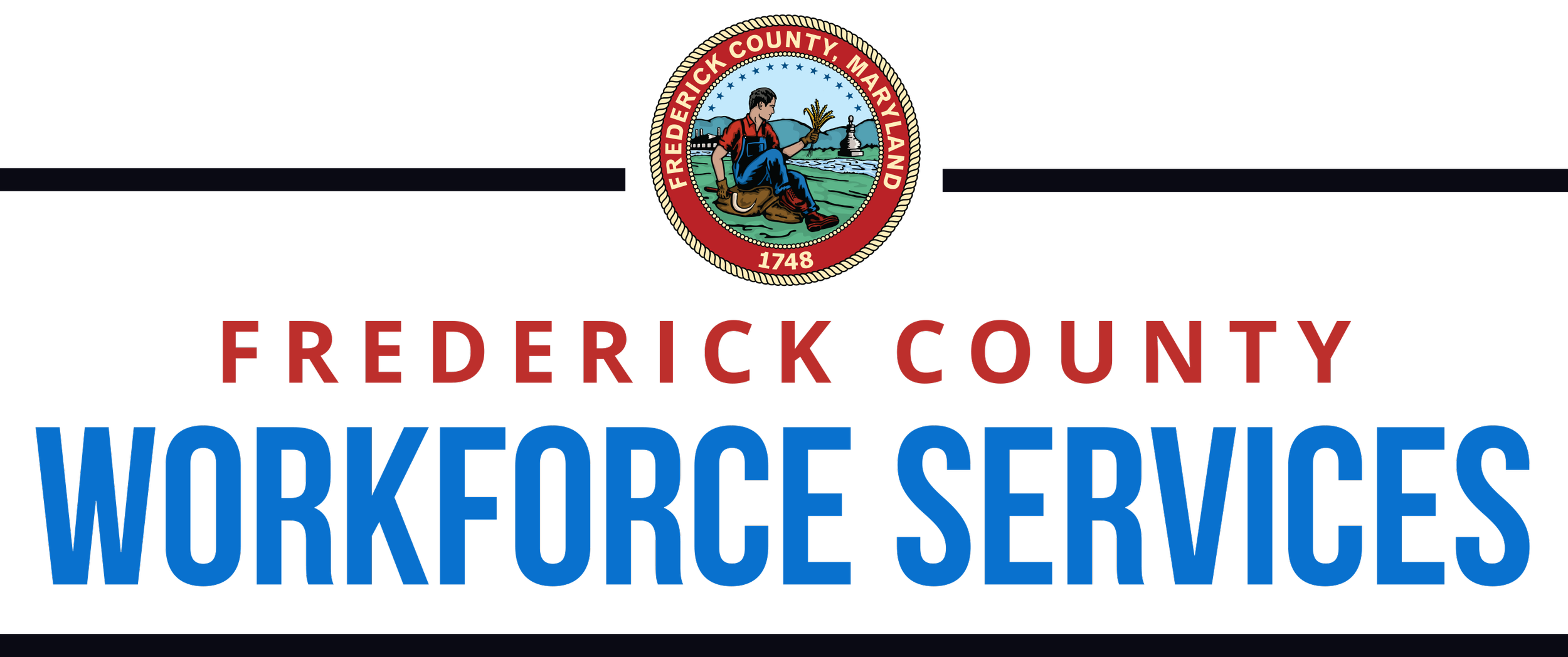What are Soft Skills?
Question:
When job searching, I keep hearing about “soft skills.” What are they, and why are they so important?
Answer:
Soft skills get a bad rap, as it sounds like they are non-essential, but in reality, they are considered by employers to be very important skills to have. Essentially, soft skills are personality traits and behaviors that we use all the time in our professional and personal lives without even thinking about it. For example: If I asked you if you were good at talking to people, and you said that you used to give presentations monthly at your former job, then you’ve just demonstrated that you possess strong verbal communication skills.
Soft skills are very important in your job search and can influence whether or not you get hired for the job. As a Career Specialist, I work with highly qualified job seekers who often don’t understand why they aren’t selected for the job, especially after they’ve had what seemed to be a very good interview with the prospective employer.
Let’s take a look at what happened to my client “David” (not his real name). David was interviewing for a mid-level Account Manager position at a bank, responsible for bringing in new accounts and selling additional products to existing account holders. David had an impressive resume with over 7 years of experience in the field and had been with the same company since graduating from college. His resume stated that he had strong communication and interpersonal skills, which is what the position required. During the interview, he answered all the questions, gave good eye contact, and was professional. When he was asked if he had any questions about the job, he said no and then later sent a generic thank you email. One week after the interview, he was shocked to receive a rejection letter and didn’t understand why he didn’t get a job offer.
While there are several factors contributing to why he might not have been selected for the position, I pointed out that despite his ability to meet the qualifications of the job on paper, he didn’t demonstrate those abilities in the interview. While he was professional, he didn’t engage with the interviewer. Additionally, by not asking any questions or trying to use the end of the interview to sell himself, he didn’t leave a lasting impression. And to top it off, he wrote a generic thank you note signifying that he didn’t find anything meaningful in the interview to make a real connection.
In this situation, a hiring manager would be appropriately concerned that David’s lack of engagement in the interview could mean that he would not be able to get new accounts on the job. The hiring manager could also conclude that David’s demeanor might discourage existing account holders from banking there due to an inability to maintain rapport. Since the hiring process is very costly, it would not be beneficial to take a chance on David when other candidates may have done a better job demonstrating those skills during the interview. Moving forward, David and I worked on how to demonstrate those skills with practice interviews and we reviewed what soft skills were important in his job search and why.
Just like David, you can always brush up on or learn new soft skills. The most common soft skills include problem-solving, adaptability, communication, possessing a strong work ethic, and being creative. There is a lot of free online content that covers different soft skills and how they can be improved. So whether you’re a seasoned professional, new job seeker, and/or returning to work after a gap there is always room for improvement and to show employers why you’re the best candidate for the job.
Additional Resources:
Open Learn: Free online soft skills training
Coursera: Free courses available
Lynda: Offers free courses if you have a library card
YouTube: Search by interest

